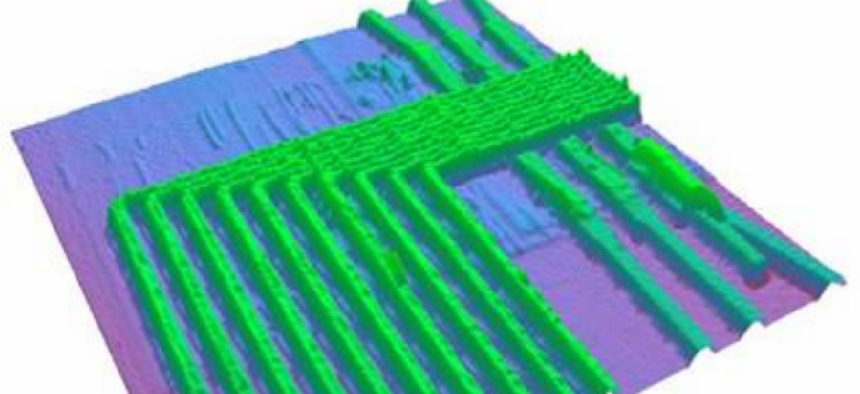Smart phone of the future: A chip in your head?


Connecting state and local government leaders
Speculation that, in 75 years or so, a brain microchip could enable communications sounds like science fiction, but such as technology would have practical applications.
CNN recently posted an amusing yet thought-provoking article envisioning the development of smart phones over the next 100 years. The story culminates with the collapse of civilization in less than a century (from climate change), and mobile communications being reduced to throwing message rocks at each other.
That scenario might’ve made Stanley Kubrick proud, but the idea that most interests me is the authors’ prediction that, in 75 years, a microchip could be inserted into our heads that will allow us to connect directly with others through our brains, as well as to the Internet. While the writers are concerned about potential abuses from commercial advertisers, I can think of a few ways this technology would affect the public sector workplace.
First, security identification badges would become obsolete. Authentication for location access could be done with the brain microchip, and everyone would instantly know if another person was supposed to be there instead because his or her own chip would tell them so. Of course, for this to take place, security would have to be top-notch to stop intruders from using chips made to mask identity. Wow, that sounds like the plot to a great science fiction espionage thriller. You are welcome, 007.
The behavior modification scenario the writers propose would be unlikely to occur, I think, because the chip probably would not be connected to that area of the brain. But if it were, network administrators could finally make sure their painstakingly crafted security protocols are actually followed by everyone!
Although the writers project that this development is 75 years away, I think it might come sooner. We already have the technology to make a chip small enough to perform all of the necessary functions. The areas we need to improve in are biological rejection suppression and our understanding of how the human brain works. I’m guessing that latter will probably be the problem that delays us having chips implanted in our heads.
It’s all just guesswork at this point, of course, but if the writers are correct about a brain microchip — and wrong about the end of civilization — there would be practical uses for the technology. If nothing else, we could be assured that motorists at last would make only hands-free calls.




